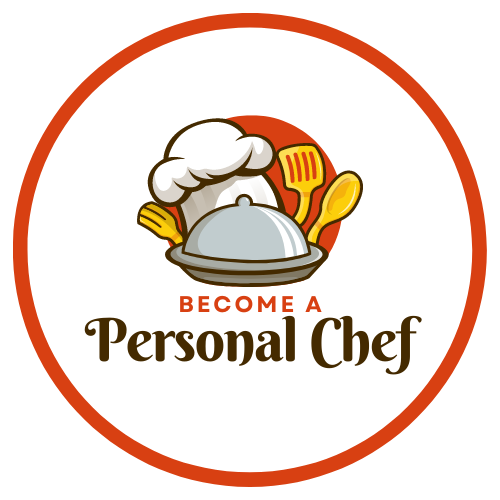Table of Contents
ToggleGetting The Most Out Of A Professional Cooking Class
There is something special about learning to cook in a professional cooking class that you can only experience by actually taking one yourself. Not only do you have the benefit of a passionate chef teaching you, but you also get to taste your creations and develop a closer relationship with food than ever before. If you’ve been curious about taking a professional cooking class, here are 7 tips on how to get the most out of it:
Prepare Ahead:
Before signing up for your course, take some time to review any pre-course material such as reading lists, ingredients list or any special tools that may be needed for class. This way you won’t be scrambling at the last minute and can make sure you’re adequately prepared when the day comes.
Being prepared for cooking class is essential for getting the most out of your experience.
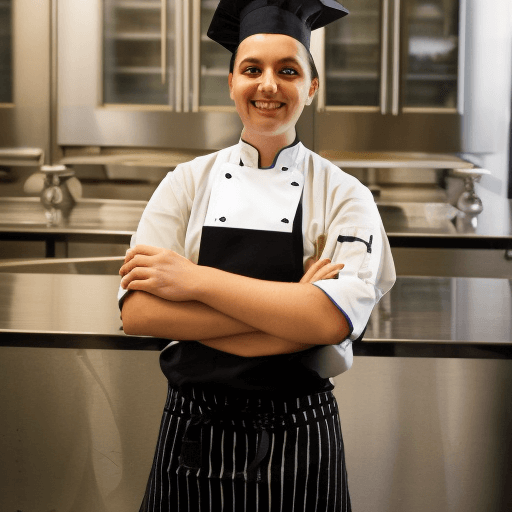
Getting the Most Out of a Professional Cooking Class
Here are some tips to ensure you’re ready for each class:
Research recipes in advance: Take time to familiarize yourself with recipes in advance so you have an understanding of what to expect when trying them out during class.
Check ingredients list: Review the ingredients list provided by the chef or instructor and make sure you have everything necessary before each session begins.
Invest in quality cookware & utensils: Get high-quality cookware and utensils that will last through multiple classes; this could save time down the line as you won’t need to invest additional funds into replacing worn out items mid-class!
Read instructions carefully: Take the time to go over all instructions thoroughly before beginning a recipe — this ensures that no vital steps are skipped along the way!
Have pre-measured ingredients ready: Have pre-measured ingredients laid out ahead of time, so that there are no surprises as you progress through each recipe — this could save valuable cooking time and be a real lifesaver during busy classes!
Use clean surfaces & tools: Make sure surfaces and tools used throughout a cooking session are clean at all times — this way, any messes can be easily cleaned up without having to worry about contamination from previous meals creating problems while cooking!
Be mindful of safety precautions: Pay close attention to all safety guidelines provided by the chef or instructor, such as making sure sharp knives are handled properly or food temperature is kept in check — these measures help everyone stay safe during their kitchen adventures!
Don’t rush things: Cooking doesn’t have to happen at lightning speed; take things slowly and savor every step so that mistakes can be caught early on and corrected before it’s too late!
Ask Questions:
Getting the Most Out of a Professional Cooking Class. It’s important to ask questions throughout the cooking process so that your instructor can help clarify any areas of confusion and ensure that you understand everything properly before moving on to the next step in your dish’s creation.
Cooking classes are a great way to learn new culinary skills and gain insights from a professional chef.
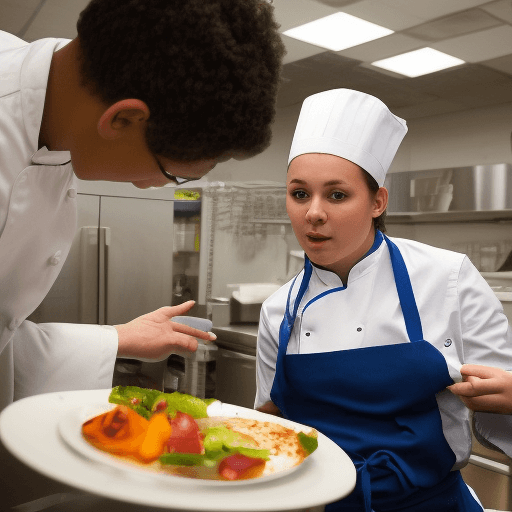
Here are 5 great questions to ask during a cooking class:
o What tips can you share for making sure each recipe turns out perfectly?
o What type of ingredients do you typically recommend for the dishes taught in this class?
o How much time should I expect to spend prepping for each dish?
o Are there any techniques or tricks that could help me infuse more flavor into my recipes?
o What advice can you offer for adapting recipes to different dietary restrictions/preferences?
Write Things Down:
During class, write down anything that may come in handy later – this could include ingredient substitutions or techniques from other dishes taught earlier in the course.
You never know when it might come in handy again!
Taking better notes in class is essential for a successful academic career.
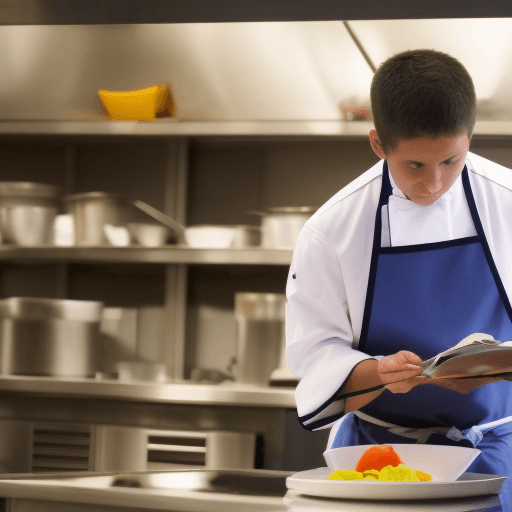
Here are 10 tips to make sure you’re taking the best notes possible:
Come prepared with the right supplies: Bring paper, pens and notebooks that work for you. Don’t forget your laptop or other electronic devices if you prefer to type your notes!
Listen carefully: Pay attention to the instructor and take note of what they emphasize or repeat from previous lectures — these are often key points that the professor believes are important information.
Write legibly: Make sure that your handwriting (or typing) is legible so that you can refer back to it later on when studying.
Use symbols & abbreviations: Create shorthand symbols and abbreviations that work for you, as this will help save time while still capturing all relevant details during lectures.
Make connections: Take note of how concepts related to one another throughout the lecture and how they fit into overall themes discussed in class — this will help you create a more holistic understanding of each topic at hand which could pay off dividends come exam time!
Ask questions when needed: It’s OK to pause lecture and ask questions about unclear topics or things that have been previously mentioned — this ensures proper comprehension in addition to helping ensure everyone else understands too!
Review Notes Immediately After Class: After each class session, go over what was written down and make any necessary edits or clarifications — this way nothing gets overlooked and all important aspects remain documented properly!
Summarize at End of Each Week/Month: Summarize weekly or monthly topics by writing out a quick summary of what was discussed—this will help keep track of all information covered during extended periods of time like courses with multiple lectures throughout semester long classes!
Find study partners: Find someone with similar interests to share notes with—not only can they provide valuable feedback but also identify areas where clarification may be needed during review sessions before exams arrive!
Review regularly: Set aside some dedicated time each week (or month) to review notes taken—not only will this strengthen comprehension but also prevent ‘forgetting’ material once final exams come around!
Relax & Enjoy Yourself:
Different cooks have different styles; don’t feel like there is only one “right way” of doing things – not all recipes will turn out perfectly every single time! So take your time and enjoy every moment as if it were a journey rather than rushing through and expecting perfection right away. Getting the Most Out of a Professional Cooking Class.
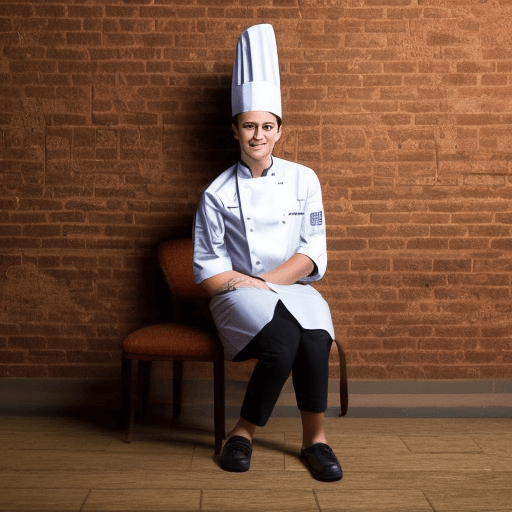
Cooking classes can be a great way to take a break from the stress of everyday life while still learning something new. Students should allow themselves to relax and enjoy the experience without feeling pressure to perform at a certain level. Cooking is all about experimentation, so why not have fun with it? It’s ok to make mistakes as long as there is a willingness to learn from them. Taking the time for self-reflection and relaxation between tasks can help maintain focus throughout the class and open up possibilities for creative ideas to arise. Furthermore, cooking classes can also be social events where students share recipes, tips & tricks, and celebrate their successes together while having fun in a relaxed environment.
Take Advantage of Networking Opportunities:
Professional cooking classes are great opportunities for networking with fellow chefs who share similar interests – so make sure to talk, exchange ideas and even stay in touch after class ends! Getting the Most Out of a Professional Cooking Class
Professional cooking classes are the perfect place to make connections with chefs, home cooks, and foodies from all over. Not only can aspiring chefs hone their skills, but networking opportunities abound in a classroom setting.

It’s important to take advantage of these interactions and seize the chance to build relationships that could result in professional or even personal growth. Taking the time to chat with others in the class can open up new doors of knowledge that may not have been available without these social interactions. For example, hearing advice from an experienced chef could give participants an edge when looking for jobs or internships in the hospitality industry. In addition, making friends with like-minded people can be a great way to build confidence and gain access to exclusive events throughout the culinary world that would be difficult to obtain without these relationships!
Ask For Feedback:
Don’t be afraid to taste what you cooked during each session and seek feedback from both your instructor and classmates afterwards — this will help inform future dishes by highlighting which ingredients work well together, what flavors need adjusting, etc.. Doing this will also boost your confidence level when it comes to experimenting with recipes on your own later on!
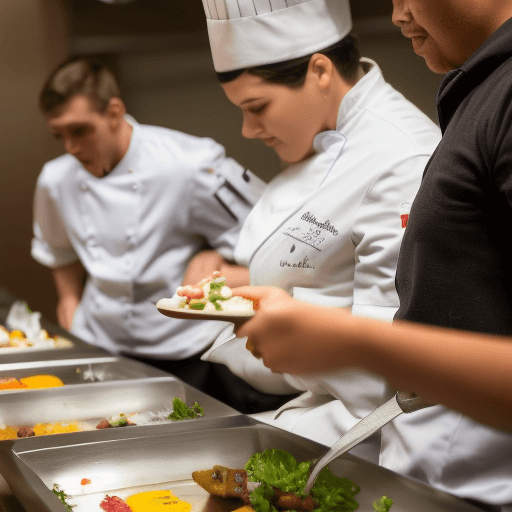
As a personal chef, it is important to continue learning and growing in your craft. After attending a cooking class, it’s useful to ask for feedback from both your classmates and the instructor. This can be a great way to gain perspective from those who have more experience or knowledge than you do.
Taking this constructive criticism into account will help you grow as a professional chef and, ultimately, contribute to your overall success. A great tip is to write down any notes that come up during the lessons and use them as reminders when preparing dishes later on.
Asking for feedback also shows humility and shows that you are willing to learn even if you believe that you know everything there is to know!
Take Home What You’ve Learned:
Professional cooking classes are amazing experiences — but don’t forget all that you learn once the day is over! Keep notes, recipes and research materials from each session (or start an online folder) so that all of your knowledge is accessible whenever needed or desired!
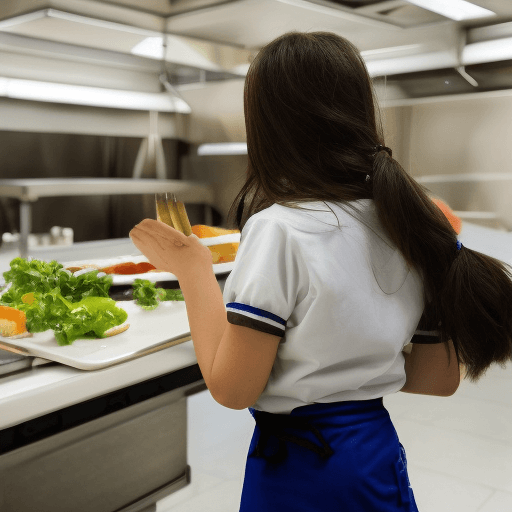
Getting The Most Out Of A Professional Cooking Class
At the end of the day, attending professional cooking classes isn’t just about learning how to cook — it’s also about developing better relationships with food while being surrounded by passionate chefs eager to share their expertise with others who have similar interests! Utilizing these tips will help ensure that every moment spent learning is maximized fully as possible — so get ready for an amazing culinary adventure!
